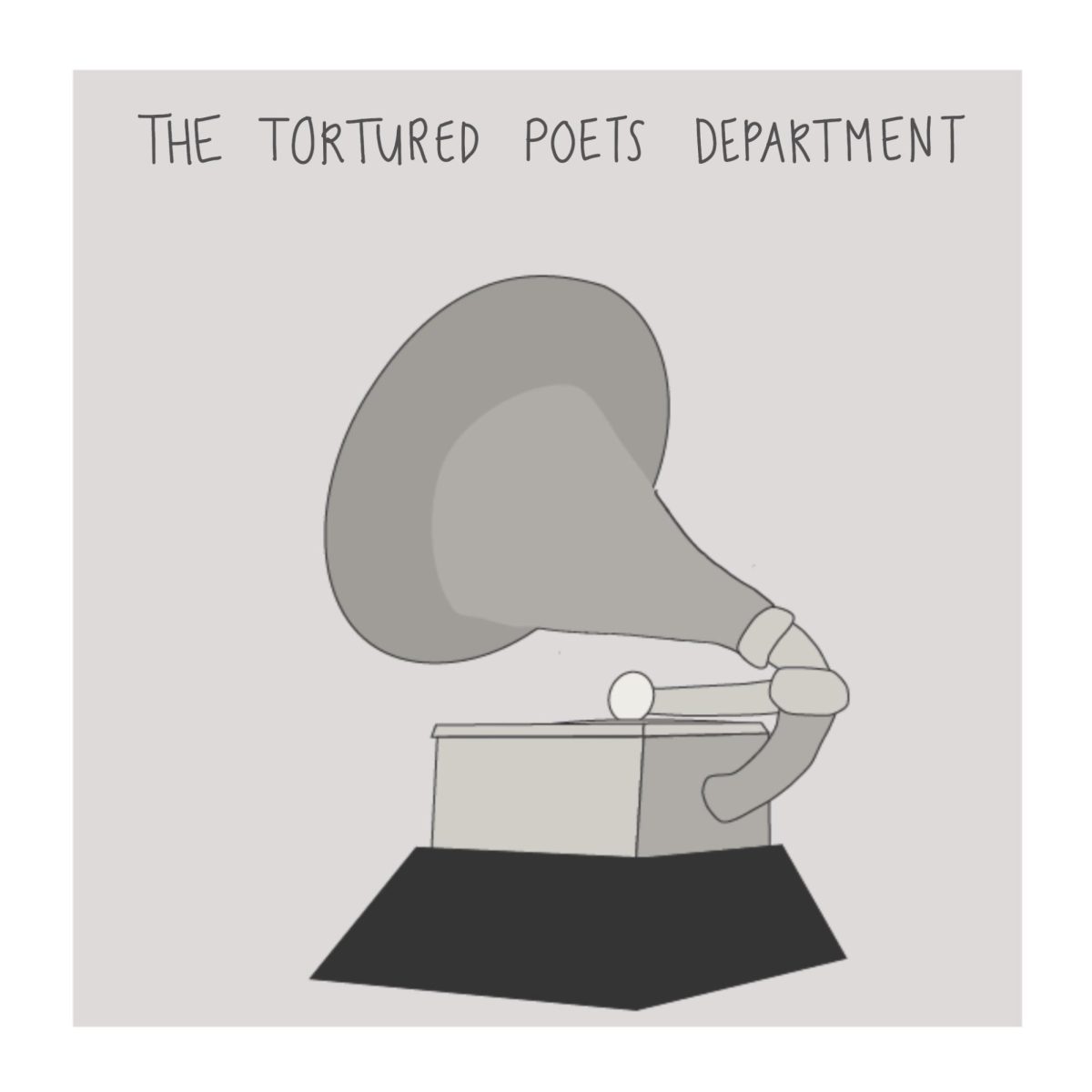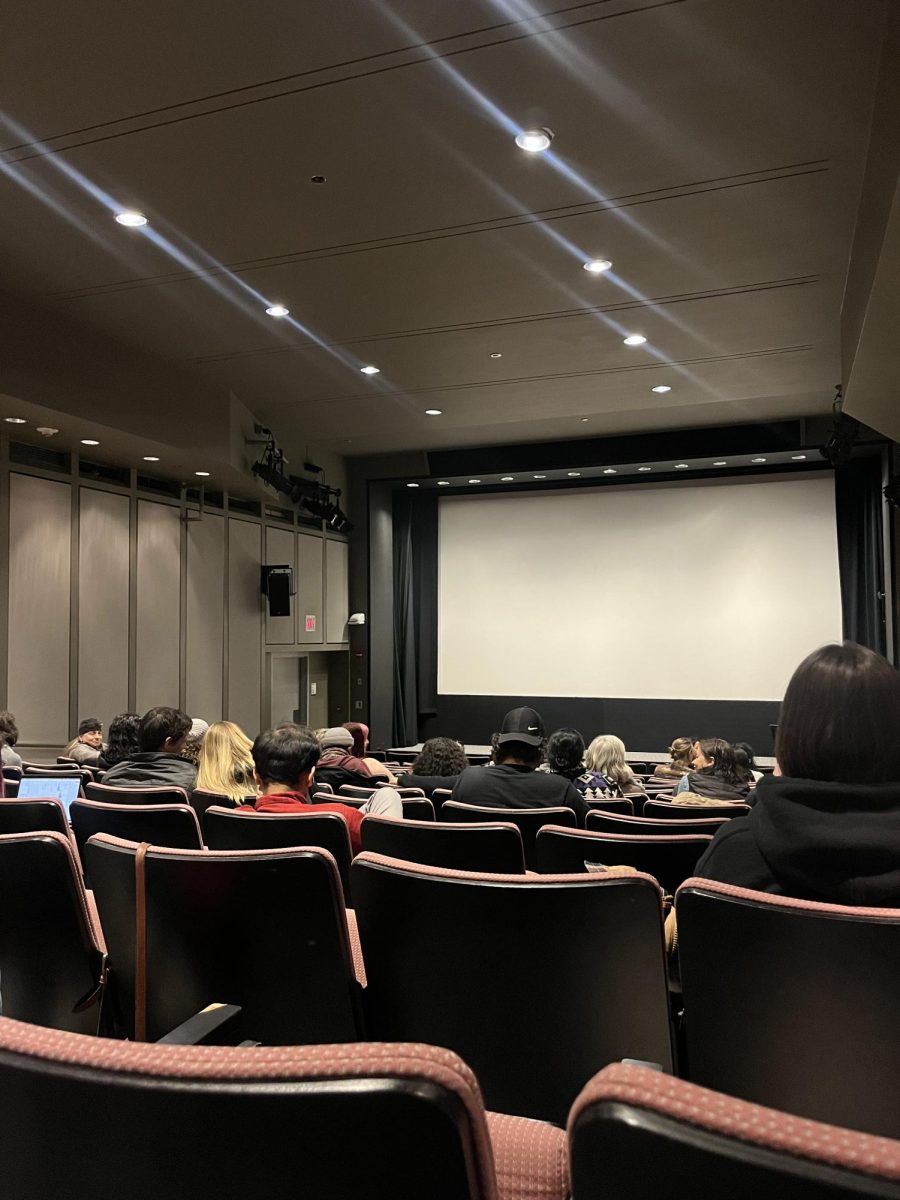By Anna Sorokina, arts & entertainment columnist
When I tell people I’m an anarchist, I usually get a lot of confused looks that hint at my potential lack of reason. In a society where certain stereotypes are formed and have not yet been dismantled, admitting you’re in a political minority inevitably leads to judgement.
Public impression of anarchism as a synonym for chaos, youthful rebellion or even terrorism speaks volumes about the influence of corporate and governmental media on the term. Ironically, anarchist protests seem rather innocent compared to some of the chivalrous actions of our leaders, like waging wars for natural resources and killing millions for land ownership.
In its narrowest sense, anarchism is the rejection of coercive government. Most anarchists oppose domination and systemic injustice in all forms, including patriarchy, white supremacy, compulsory heterosexuality and corporate greed. While anarchism doesn’t fit the modern definition of organization, this doesn’t mean that it rejects structure per se. Anarchism proposes a stateless, decentralized, nonhierarchical society based on international solidarity, voluntary cooperation and mutual aid. This approach comes to life through direct action and taking social change into one’s own hands instead of relying on an external agent – like a governmental or corporate agency – for reform.
Throughout history, there have been semi-successful large-scale attempts to materialize what seems like a utopian theory. The nearest it came to reality was in the Spanish Civil War with the rise of the Confederación Nacional del Trabajo (National Confederation of Labor), a Spanish confederation of anarcho-syndicalist labor unions affiliated with the International Workers Association. Its main goal was to improve workers’ conditions through self-management, consensus decision-making and direct – as opposed to representative – democracy.
What’s important to note, however, is that anarchism is not just political liberation but a social and cultural one, as well. The Spanish Civil War, as well as other historical attempts at anarchism, popularized many progressive ideas including “free love” and women’s right to abortion. These factors are important to consider when we blindly bash anarchism because although the rise of the Communist Party of Spain lessened the influence of Confederación Nacional del Trabajo, the empowerment that came from it pushed forward social liberation. Dismissal of such a hands-on ideology invalidates our own potential, leading to personal inaction backed up by the notion that we’re powerless in the face of the government. This thinking creates a vicious cycle of granting power to external structures, then relying on that very power for meaningful societal change.
Today, the anarchist movement is a global network of activist groups involved in a number of initiatives, from women’s health collectives and public art projects to solidarity with Palestinians in the West Bank and protest of the Dakota Access Pipeline. Dismissal of such a hands-on ideology invalidates our own potential, leading to personal inaction backed up by the notion that we’re powerless in the face of the government.
While we don’t have to view anarchism as an alternative to state and corporate rule, a more accepting view of the anarchist mentality might give birth to grassroots efforts that are crucial in an age plagued by energy scarcity, increasing inequality and ongoing war.




















